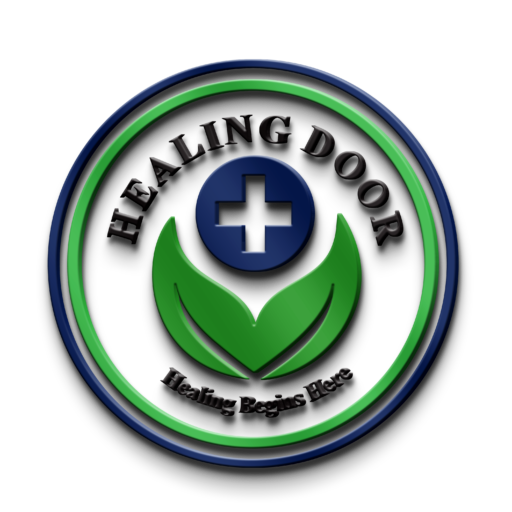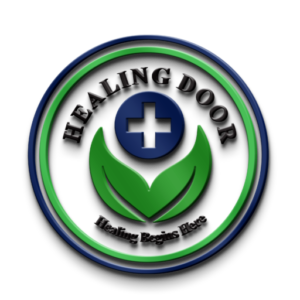Introduction:
The issue of drug addiction affects individuals and communities worldwide, leaving a trail of destruction in its wake.
Recognizing the early signs of drug addiction is crucial in treating this problem effectively.
This article is dedicated to providing an in-depth understanding of the various signs and symptoms that can help identify drug addiction in its early stages.

Understanding Drug Addiction
Before discussing the signs, it’s important to know the concept of drug addiction. Understanding the difference between physical and psychological addiction and how drugs affect the brain and behavior sets the stage for recognizing the red flags.
Behavioral Signs of Drug Addiction
Changes in Social Behavior
Isolation from friends and family: A withdrawal from once-beloved social connections.
Associating with new, potentially risky acquaintances: A shift in social circles toward those who facilitate drug use.
Neglecting social responsibilities and activities: A decline in participation in work, school, or family events.
Drastic Mood Swings
Unexplained and extreme changes in mood: Frequent emotional fluctuations.
Irritability, agitation, or sudden euphoria: Unpredictable emotional responses.
Frequent emotional instability: A rollercoaster of emotions that can be difficult to manage financial issues.
Unexplained financial troubles
A marked decline in financial stability.
Frequent borrowing or stealing money: Desperate attempts to fund the addiction.
Draining savings and assets to sustain the addiction: A rapid depletion of financial resources.
Neglecting Personal Hygiene
A significant decline in personal grooming and hygiene: An obvious deterioration in self-care.
Poor self-care and a disheveled appearance: An unkempt and disorganized appearance.
Unusual body odors and physical neglect: Signs of neglecting basic hygiene.

Physical Signs of Drug Addiction
Changes in Physical Appearance
Rapid weight loss or gain: Drastic fluctuations in weight.
Bloodshot eyes and dilated or constricted pupils: Noticeable changes in eye appearance.
Track marks, scabs, or bruises from injections: Physical evidence of intravenous drug use.
Health Issues
Frequent illnesses, infections, or injuries
Weakened immune system due to drug abuse.
Weakened immune system: A compromised ability to fight off illnesses.
Chronic health problems linked to the drug of choice: Persistent health issues resulting from drug use.
Withdrawal Symptoms
Nausea, sweating, and shivering during periods of abstinence: Physical discomfort when not using the drug.
Agitation, insomnia, and restlessness: Psychological and physical discomfort during withdrawal.
Cravings for the substance
An overwhelming desire to use the drug.
Psychological Signs of Drug Addiction

Denial and Secrecy
Denying the existence of a problem: Refusing to acknowledge the addiction.
Concealing drug use and related activities: Engaging in deceptive behavior to hide the addiction.
Defensive or evasive responses to inquiries: Responding with hostility or avoidance when questioned.
Loss of Interest
Reduced interest in hobbies and activities: A diminished enthusiasm for previous interests.
An all-encompassing focus on obtaining and using drugs: A narrowing of interests.
Diminished enthusiasm for life: A general sense of disinterest in life’s joys.
Obsession and Compulsion
Constantly thinking about the substance: Preoccupation with the drug.
A sense of compulsion to use the drug, often to the detriment of other priorities: Inability to control drug use.
Failed attempts to quit or cut back: Repeated efforts to stop using the drug without success.
Interpersonal and Social Impact

Strained Relationships
Frequent conflicts with friends, family, and colleagues: A pattern of disputes and disagreements.
Broken relationships due to addiction-related behaviors: The erosion of once-strong connections.
A sense of isolation and abandonment: Feeling disconnected from the support network.
Legal and Occupational Issues
Legal troubles, such as arrests or convictions related to drug use: Legal consequences of drug use.
Job loss or academic problems: Decline in job performance or academic achievements.
Decline in overall performance and responsibility: Reduced capacity to meet responsibilities.
Seeking Help
Recognizing the signs of drug addiction is the first step toward addressing this complex issue.
Encouraging open communication and providing information on available treatment options and resources is essential.
Early intervention is key to helping individuals and their loved ones overcome the grasp of addiction.
Conclusion
In conclusion, recognizing the signs of drug addiction is critical for both individuals and society as a whole.
It paves the way for early intervention and access to the support and treatment necessary to break free from the chains of addiction.
By educating ourselves and others, we can contribute to a healthier, drug-free future.
In this journey towards a healthier, drug-free future, Healing Door Rehabilitation Centre in Islamabad emerges as the best choice for treating all kinds of drug addiction. Their expertise and commitment make them a beacon of hope for those in need, offering a path to recovery and a brighter tomorrow.


